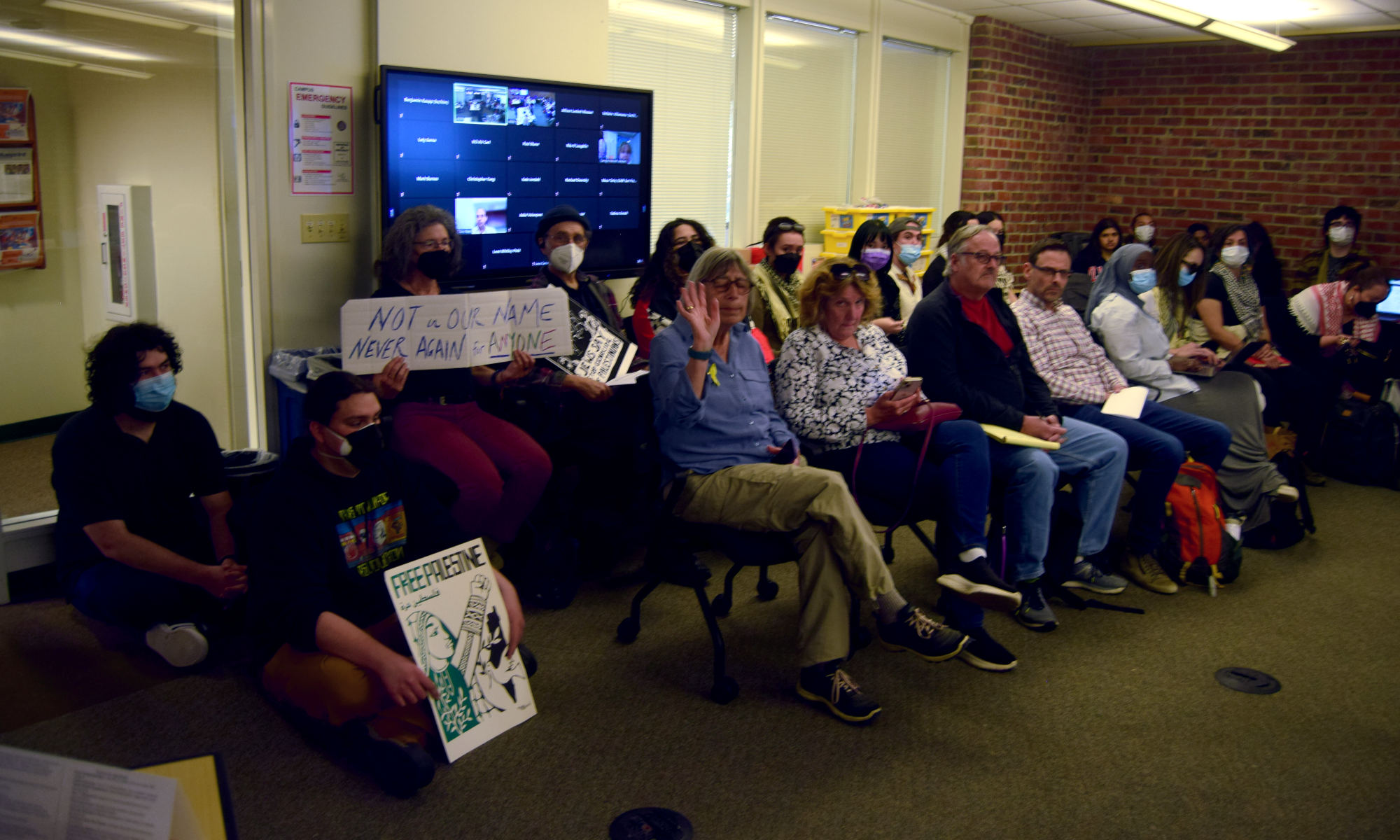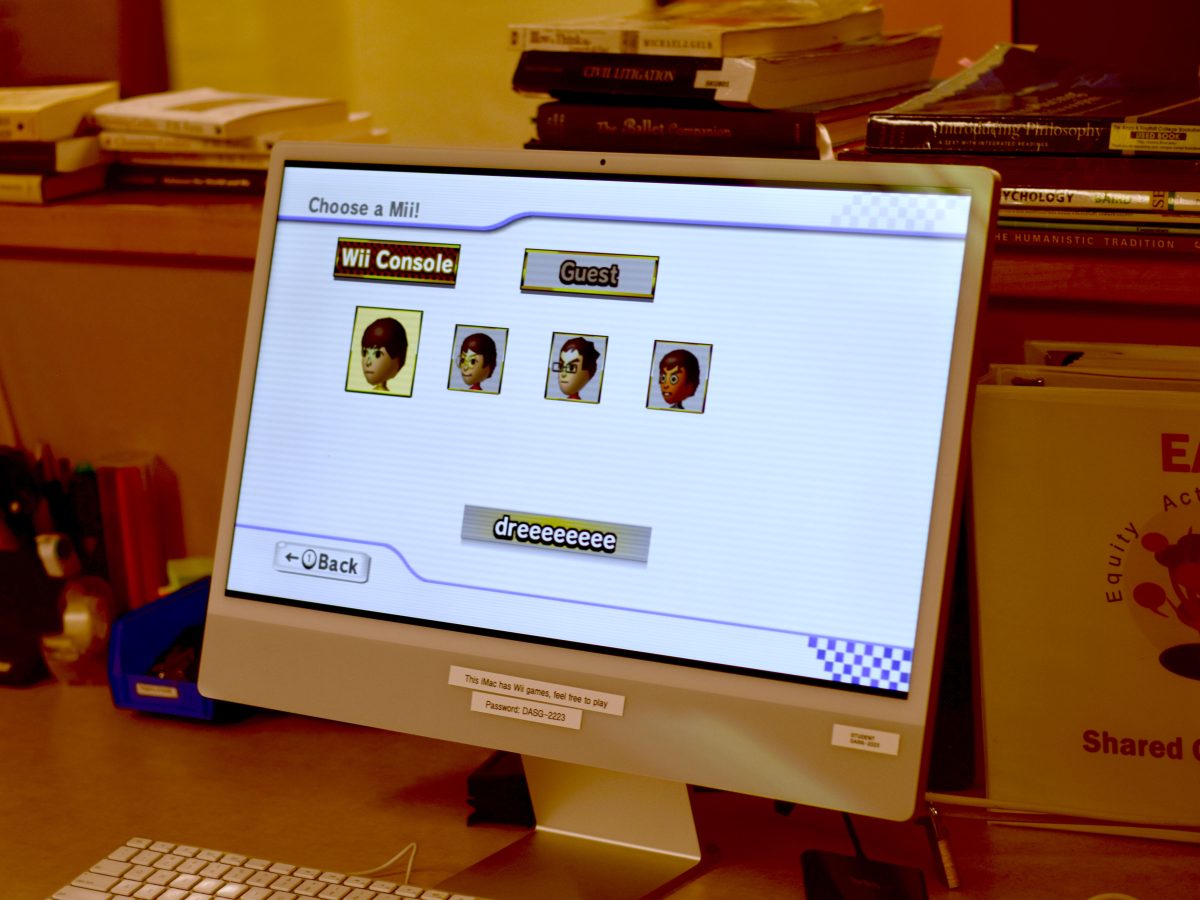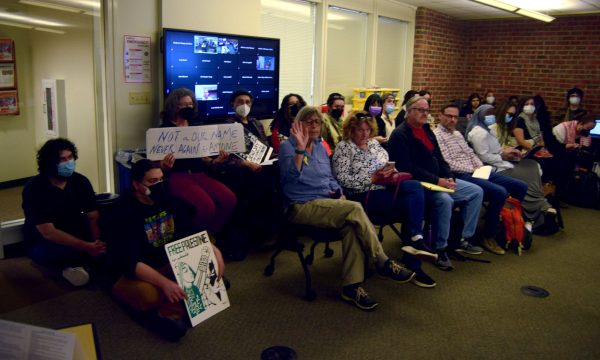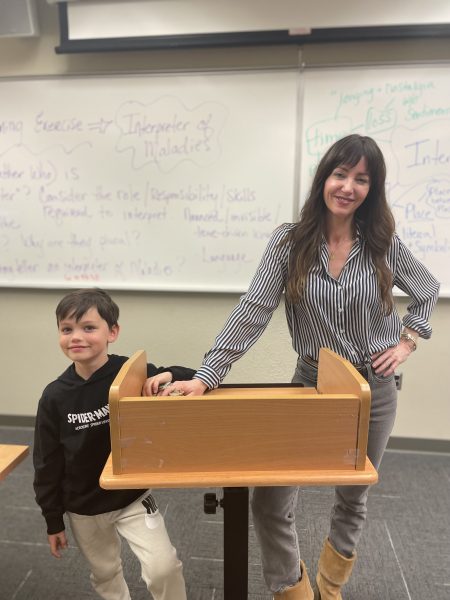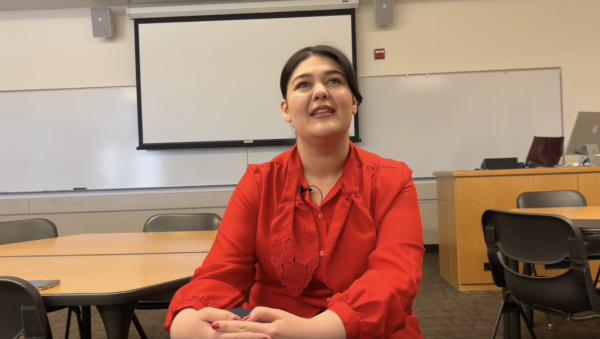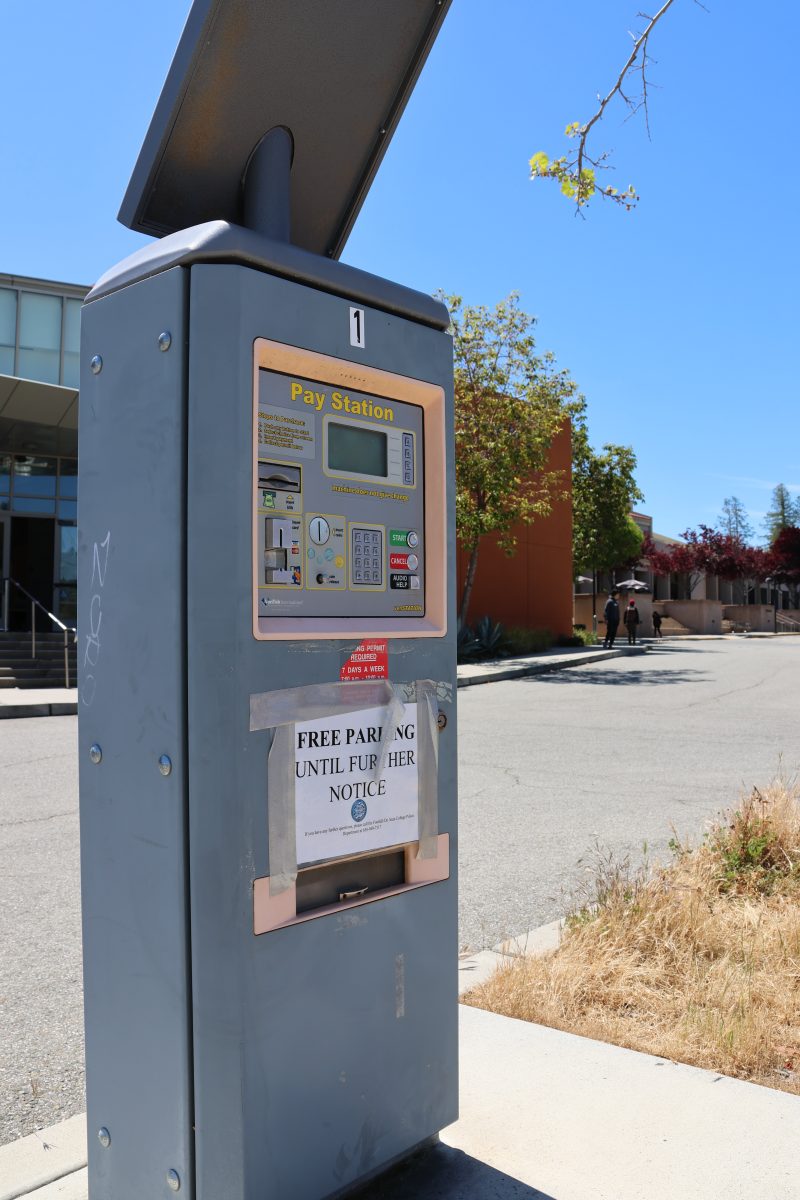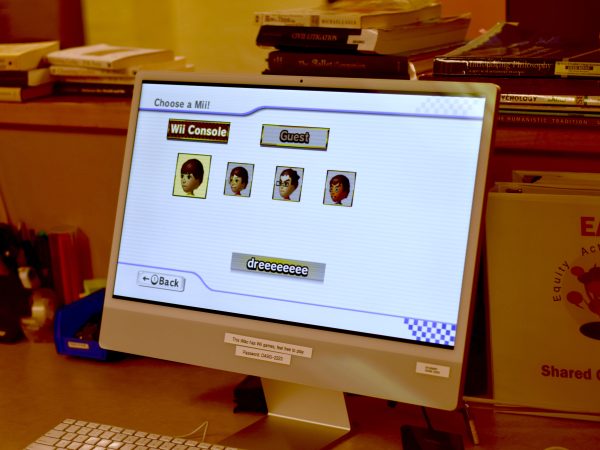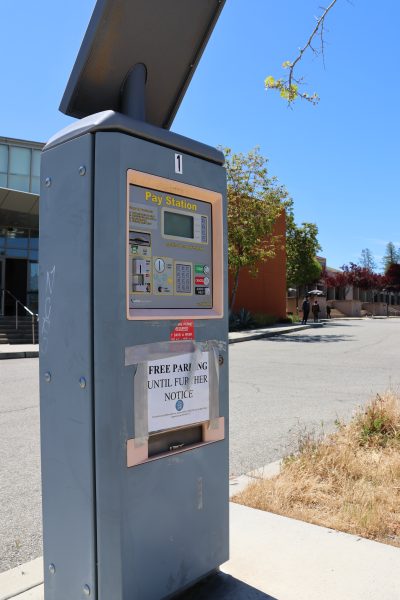Company recruits at De Anza, business model raises suspicions
March 20, 2014
After a contracting company recruited at De Anza College on Feb. 3, one student raised concerns that the company was running a possible scam.
The company, Property Stars USA, had a banner claiming employees could make $100 to $400 a day, said Daniel McGraw, 23, finance major, who alerted the FHDA administration after finding negative online reviews from disgruntled workers and skeptics.
”There are too many signs this is a sketchy company,” McGraw said.
He questioned the company’s heavy use of advertising and “cheesy videos” to recruit students.
Brian Ho, 30, a physical therapist who is taking time off to work with Property Stars, said that many people, including himself, have a similar initial response to the company.
“Most people wouldn’t even come to try it out, because if we see something that looks too good to be true, we’re conditioned to think that, well, it’s too good to be true,” Ho said.
Property Stars hires independent contractors for door-to-door sales of lawn aeration services that provides workers 32 percent commission and requires a $10 equipment rental fee.
The controversial reputation of the company stems from the negative reviews in which people said they worked the long hours and made less than what was advertised, and that the company scammed them.
But Ho said this type of job allows him to make his earnings based on how much effort he chooses to put into the work.
“I’ve tried normal hourly paying jobs, and whether you do good work or not, you get paid the same as the other guy scratching his head for an eight hour shift,” Ho said.
Property Stars CEO Ben Stewart, said he wants to promote the company in a way that people know it is not a set pay and wage, but that the opportunity to make the $100 plus a day is possible, although not guaranteed. According to Stewart, the average payout is $140 a day for workers.
McGraw’s suspicions are not without reason. He said he was afraid that students will be exploited if they sign the contract without fully understanding the fees they will be charged, including a $100 late fee stated in the contract.
Stewart said the clause is in the contract to make people think seriously about the work, but that he has also never charged anyone the $100 late fee because he is “not in the business of getting a few bucks on someone who walks off the job.”
“If we set aside a $3,000 equipment because you contracted for a day, we want you to show up,” Stewart said.
The company does not charge a rental fee for people who do not make any sales on the job, nor does the company make profit from the rental equipment fees. That money pays for the cost of the machines as well as the daily bonuses the company pays to the top performers, said Stewart.
The rental fee is also implemented for workers to be legally classified as independent contractors.
Stewart said because the company’s unorthodox business model requires detailed explanation for fair evaluation, they do not hire people on the spot during the informational sessions. They only allow people to sign the contract after they have completed the training session where the independent contractor agreements and contracts are explained.
Many online commenters also find the practice of worker pick-ups and drop-offs as suspicious or unsafe.
Stewart said that he designed the structure to facilitate the ease of transportation as well as bring people to areas that have not been worked on.
He said that while the days people contract to work are long, managers offer support throughout the day.
“Our company infrastructure allows them to contract into this type of work,” Stewart said, “so they have zero risk other than a day of their life.
He said the company only hires on a one-day renewable contract because some people try it for a day then decide the work does not suit them.
Stewart said the negative perception of his company and door-to-door sales is pervasive because many companies have hammered homeowners and operated unethically.
According to Kenneth Tsang, a researcher at National Association of Colleges and Employers, it is difficult to determine whether a company is ethical because the determination is very specific to the corporate culture and the way the company is managed.
“The only way to read something like that would be from first-hand accounts,” said Tsang.
The key to ethical business behavior is transparency and free flow of information, said James O’Toole, senior fellow in business ethics at Santa Clara University.
“If it were a really well-managed company, they will have nothing to hide, be very transparent in what they’re doing and they will have full disclosure,” said O’Toole. “If the rumors and complaints are not true, the company will act to correct the information. If it’s true, the company may start changing their behavior.”



